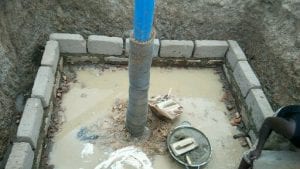
Agriculture
September 12, 2024
Bhungroo Water Harvesting System
Read SolutionImplemented by
Naireeta Services
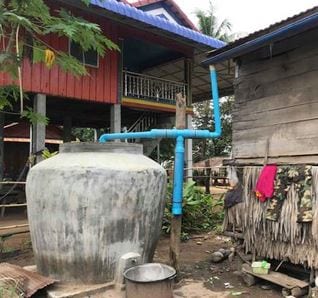
Updated on January 30, 2024
·Created on October 5, 2020
A rainwater harvesting system for household and community use.
The RWC Rainwater Harvesting System is a product by RainWater Cambodia (RWC), established in 2004 with the technical assistance of Engineers Without Borders Australia. The product allows for the collection and storage of water for household and institutional use, for use in Cambodian dry seasons. Manufacturing is based in Cambodia.
Target SDGs
SDG 6: Clean Water and Sanitation
Market Suggested Retail Price
$1,500.00
Target Users (Target Impact Group)
Household
Distributors / Implementing Organizations
This product is implemented by RWC
Competitive Landscape
Direct competitors include Warka Water Tower.
Countries
Cambodia
Manufacturing/Building Method
The product is manufactured in-country with local and imported parts. The product is not mass-produced and relies on funding from stakeholders. Gutters of approximately 8 x 5 m are installed on the house. The foundation for which the collection "Jumbo Jars" is to be placed is leveled and reinforced with stones and concrete. The Jars are created by placing clay on a steel frame. This is left to dry for two days then coated in cement. The clay is then removed. Piping is connected to jars and gutters.
Intellectural Property Type
Open-source
User Provision Model
Areas within the target regions are scoped for appropriateness for implementation. RWC, Cambodian Rural Development Team, and Engineers Without Borders work together with the community to select beneficiaries. This selection process for users to acquire the product depends on the target area's performance and the type of beneficiaries in need of the product. Target area performance conditions include a needed space of 5 x 8 m and a roof that can harvest rainwater. The selected conditions for beneficiaries might include users living in hard to access water source (river, pond, well), poor and vulnerable group, elder/disability people, users that have high responsibility on operation and maintenance, users with a clean record, women as a family leader, users that could contribute some material (sand, gravel, labor), and users not living in a flood-prone area.
Distributions to Date Status
Since the establishment in 2004, it is estimated that over 400,000 people have access to drinking water through rainwater harvesting. This is based on installments of systems in over 2,800 households and over 290 institutions. There have been 8 installations of this particular product since 2017. Interview with representative.
Water source
Rainwater
Water produced (L/hr)
Unknown
Catchment size (cubic meters)
1.6 m3
Energy requirement (kWh)
None
Description of integrated water treatment
First flush
Built-in storage capacity (L)
24,000 m3
Required environmental conditions
1400 mm to 3500 mm annually
Design Specifications
The rainwater harvesting system consists of a collection system, and a storage and distribution system. The collection system components include roof, guttering, first-flush diversion system, and PVC piping. The storage and distribution system consists of 8 tanks of 3000 L capacity, PVC piping, and taps. Both taps contain screens to reduce contaminants entering the system. There is also a first-flush system between the guttering and the pipes leading to the tanks.
The tanks are connected by underground pipes, 34 x 8 x 4 cm. There are drains located at either end of the foundation, one for wastewater and another for general use. Concrete caps sit atop the Jars.
Technical Support
Technical support is provided by RainWater Cambodia. Manuals for use and maintenance accompany the product on point of purchase, additionally, local masons contact details are provided.
Replacement Components
Replaceable components include screens, taps, and valves.
Lifecycle
10-15 years
Manufacturer Specified Performance Parameters
No specified performance targets. Interview with representative
Vetted Performance Status
Testing to be conducted in late 2020. Interview with representative
Safety
Collection gutters must be kept free of debris to ensure the system is able to function. Correct maintenance and cleaning of screens are necessary for the system to function correctly.
Complementary Technical Systems
Water harvested from the rainwater system can be further treated by the use of secondary filtration technology such as ceramic filters.
Academic Research and References
Pheng, K., et al., 2017, Sustainability of rainwater harvesting systems in rural Cambodia. OzWater Conference.
Pheng, K., Keo, K V., 2014, Rainwater harvesting formalization for rural Cambodia, 27th WEDC International Conference.
R. Cambodia, “Roof harvesting – Rainwater harvesting formalization in rural Cambodia – Rainwater Cambodia,” Rainwatercambodia-rwc.org. Available: https://rainwatercambodia-rwc.org/2019/03/07/roof-harvesting-rainwater-harvesting-formalization-in-rural-cambodia/
Goal 6. (n.d.). Sdgs.un.org. Available: https://sdgs.un.org/goals/goal6
Engineeringforchange.org. Available: https://www.engineeringforchange.org/wp-content/uploads/2020/08/RWC-Design-Brief.pdf
R. Cambodia, “Water supply program – Rainwater Cambodia,” Rainwatercambodia-rwc.org. Available: https://rainwatercambodia-rwc.org/2019/01/24/water-supply-program/
“Developing a manual to guide project evaluation for RainWater Cambodia Author: Klyti Scott,” Engineeringforchange.org. Available: https://www.engineeringforchange.org/wp-content/uploads/2020/06/EWB_RWC_evaluation.pdf
Compliance with regulations
None
Evaluation methods
Testing and evaluation to be undertaken in late 2020, no evaluation methods currently used. interview with representative
Other Information
RainWater Cambodia regularly updates their Facebook page with current project developments.

Agriculture
September 12, 2024
Implemented by
Naireeta Services

Agriculture
August 8, 2024
Implemented by
Patrick Kiruki, Banza Sanitation
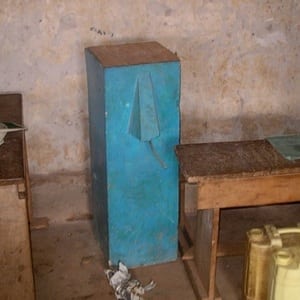
Agriculture
January 10, 2024
Implemented by
Dr. David Manz, University of Calgary
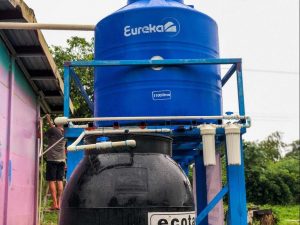
Agriculture
January 30, 2024
Implemented by
Danny Wright
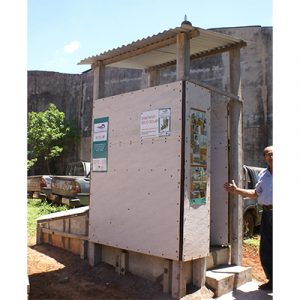
Agriculture
January 17, 2024
Implemented by
Centro de Desarrollo del Habitat y el Medio Ambiente (CEDES/Habitat)
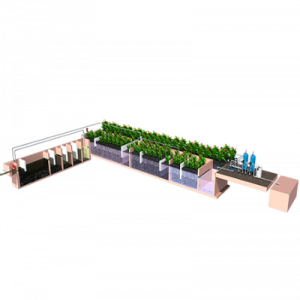
Agriculture
January 16, 2024
Implemented by
Emergy Enviro Pvt. Ltd

Agriculture
February 4, 2024
Implemented by
nedap
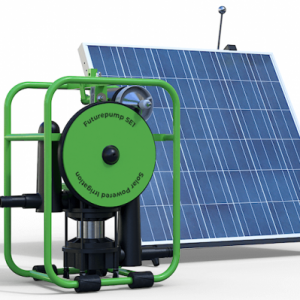
Agriculture
September 19, 2024
Implemented by
Futurepump Ltd.
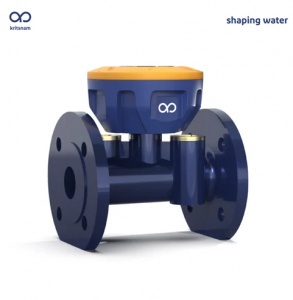
Agriculture
February 4, 2024
Implemented by
Dhaara Smart
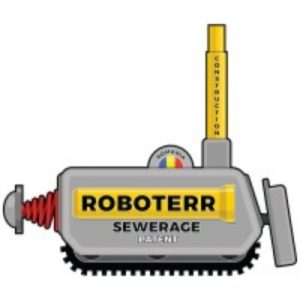
Agriculture
August 17, 2024
Implemented by
Roboterr Sewarage Construction
Have thoughts on how we can improve?
Give Us Feedback